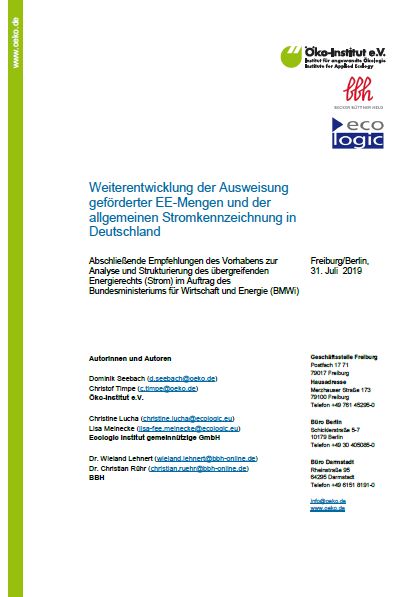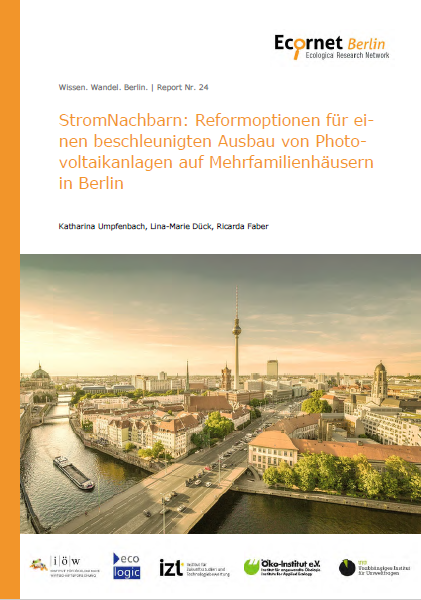The final report of the study by Consentec and Ecologic Institute deals with the development of a capacity mechanism for the German electricity market. The need for a capacity mechanism is discussed against the background of the increasing share of renewable energies and the decline in conventional power plants and is intended to ensure security of supply, especially in view of the expected increase in electricity consumption and geopolitical uncertainties that may require short-term market interventions. The focus of the considerations is on the development of a comprehensive, centralized capacity market and selected related balancing issues.
Design options for a large-scale capacity market
The report outlines the key elements of a large-scale capacity market from the authors' perspective, which includes all types of capacity, including generation, storage and load management capacity. Important aspects include the conditions for participation in the capacity market, de-rating, demand assessment and the inclusion of a local dimension.
The analysis refers to existing capacity markets in other EU countries and the UK, in particular Belgium, which was the first EU country to introduce a comprehensive capacity market in accordance with the new Electricity Market Regulation.
Legal assessment
The legal analysis, conducted under the responsibility of Ecologic Institute, is also central. It focuses on clarifying the legal framework and requirements that are relevant for the introduction of a capacity mechanism and specifically a capacity market in Germany. In particular, this includes the legal requirements in accordance with the Electricity Market Regulation and EU state aid law. The study also addresses mechanisms designed to incentivise the construction of new controllable generation capacity (e.g. the so-called ‘new build advance’).
The study and final report were compiled on behalf of the four transmission system operators (TSOs) Amprion GmbH, TenneT TSO GmbH, 50Hertz Transmission GmbH and TransnetBW GmbH. They were prepared mainly in the period from May 2022 to December 2022. Therefore, more recent energy industry discussions, e.g. regarding the BMWK's platform for a climate-neutral electricity system, which was launched in February 2023, are not yet included. However, the main features of the results presented in this report are unaffected by such issues or more recent developments.


